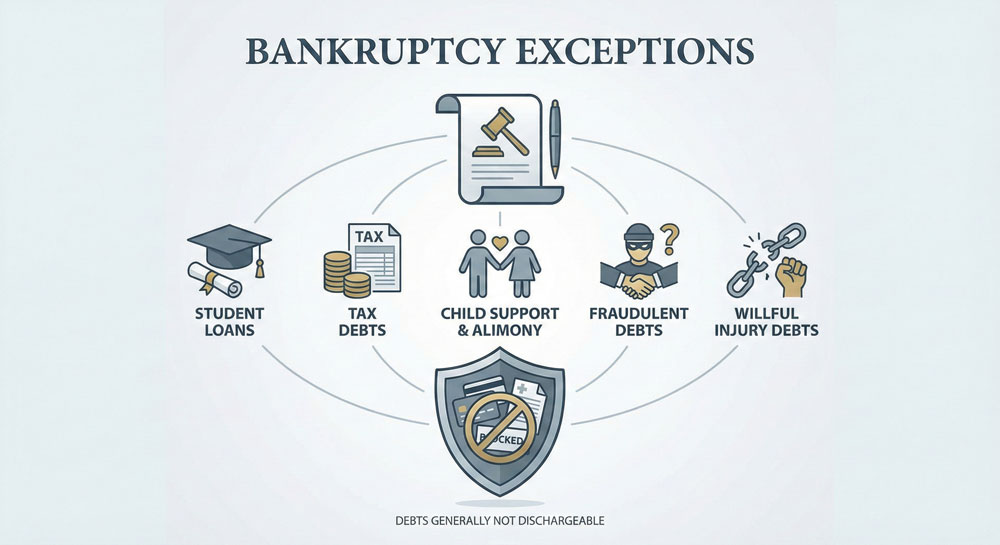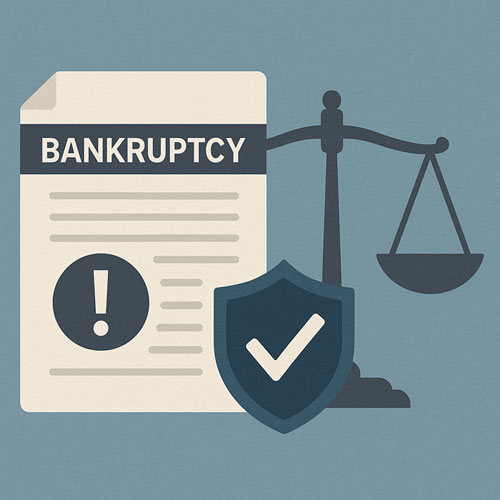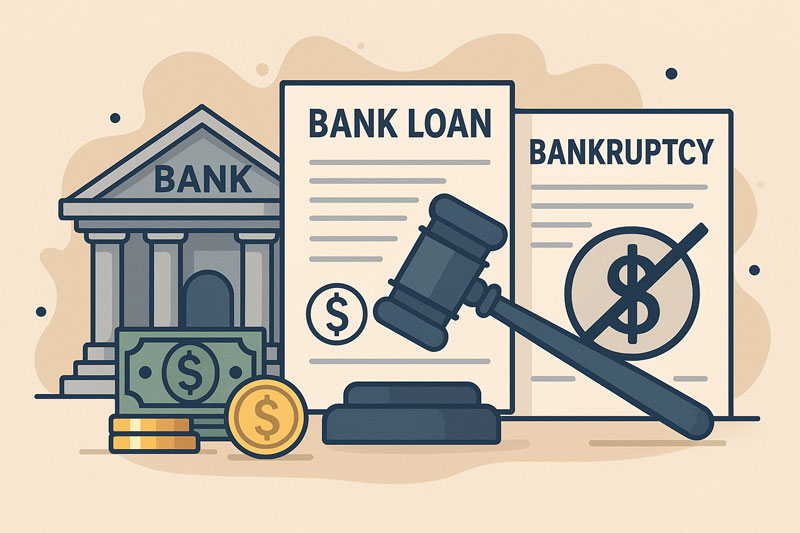History Of Bankruptcy – Part 2 (bankruptcy In Modern America)
 With Anne, there was now a codified method in America for debtors to assist their creditors with recovery, but debtors’ prisons remained a fixture in America until the middle of the 19th century. Despite this lingering remnant of previous, more draconian solutions, the Founding Fathers understood that bankruptcy was worth providing a framework for in the Constitution (Article 1, Section 8, Clause 4), which gives jurisdiction over bankruptcy matters to federal courts and permitted Congress to enact “uniform laws on the subject of bankruptcies throughout the United States.”
With Anne, there was now a codified method in America for debtors to assist their creditors with recovery, but debtors’ prisons remained a fixture in America until the middle of the 19th century. Despite this lingering remnant of previous, more draconian solutions, the Founding Fathers understood that bankruptcy was worth providing a framework for in the Constitution (Article 1, Section 8, Clause 4), which gives jurisdiction over bankruptcy matters to federal courts and permitted Congress to enact “uniform laws on the subject of bankruptcies throughout the United States.”
Congress has used this enumerated power to create several statutes that would govern the process of bankruptcy. The first law, the Bankruptcy Act of 1800, only permitted for involuntary proceedings. Later repealed in 1803, voluntary bankruptcies were not permitted until the enactment Bankruptcy Acts of 1841 and 1867, both of which have since been repealed. The first permanent fixture of American bankruptcy law is the Bankruptcy Act of 1898, which was later reformed in 1978. The Bankruptcy Reformation Act mandated widespread changes to bankruptcy and provided for the structure of the modern bankruptcy system we use today.
In 1994, another Bankruptcy Reform Act was signed into law, which expedited bankruptcy proceedings, provided for many provisions of modern consumer and business bankruptcies, while encouraging debtors to restructure their debts through Chapter 13 rather than using Chapter 7 to liquidate assets in order to pay creditors. The Act also included a National Bankruptcy Commission which was charged to investigate further changes in bankruptcy law. In 1997, the commission provided a report to Congress, the contents of which were debated for nearly 8 years before the passage of the Bankruptcy Abuse Prevention and Consumer Protection Act (BAPCA) of 2005. The BAPCA provided significant amendments to the American Bankruptcy Code. Many of the changes from the BAPCA make it more difficult for a debtor to file for Chapter 7, with the implementation of an income-driven means test to determine eligibility for bankruptcy, as well as audits to determine the accuracy of filings, overseen by the U.S. Department of Justice.
Today, to file for bankruptcy one must disclose their income as well as their assets, with a 6-month window for income disclosures being the basis for which eligibility for bankruptcy is typically determined. There are other elements that may result in a debtor qualifying for chapter 7 even if they do not qualify for the means test, but these circumstances are limited and you should talk to an attorney before attempting to file for bankruptcy to see what your options look like.
To learn more about how bankruptcy can provide you with debt relief today, please feel free to reach out to your Modesto bankruptcy attorney at (209) 438-4990 to discuss how bankruptcy can help you today.
Categorized in: Bankruptcy



